Search Definitions
Browse Content (p. 241)
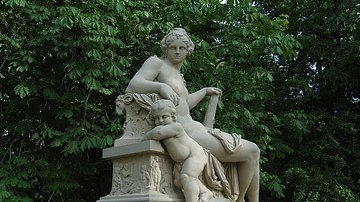
Definition
Megara (Wife of Hercules)
Megara was the first wife of the Greek hero Herakles (better known as Hercules). She was the daughter of King Creon of Thebes who gave her in marriage to Hercules in gratitude for his help in winning back Creon's kingdom from the Minyans...
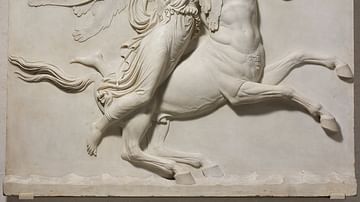
Definition
Deianira
Deianira was the second wife of the Greek hero and demi-god Herakles (better known as Hercules, son of the god Zeus and the mortal woman Alcmene). She was the daughter of King Oeneus and Queen Althaea of Calydon. During the time of Hercules'...

Definition
Sargonid Dynasty
The Sargonid Dynasty was the last ruling house of the Neo-Assyrian Empire from 722-612 BCE, beginning with the reign of Sargon II and ending with fall of the Neo-Assyrian Empire. Some of the most famous kings in the history of Assyria come...
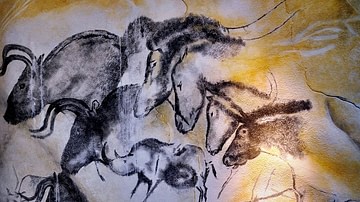
Definition
Stone Age
From the dawn of our species to the present day, stone-made artefacts are the dominant form of material remains that have survived to today concerning human technology. The term “Stone Age” was coined in the late 19th century CE by the Danish...
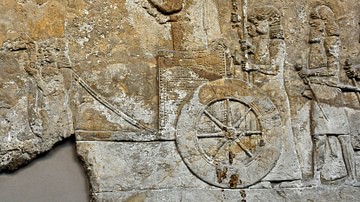
Definition
Sennacherib
Sennacherib (r. 705-681 BCE) was the second king of the Sargonid Dynasty of Assyria (founded by his father Sargon II, r. 722-705 BCE). He is one of the most famous Assyrian kings owing to the part he plays in narratives in the biblical Old...
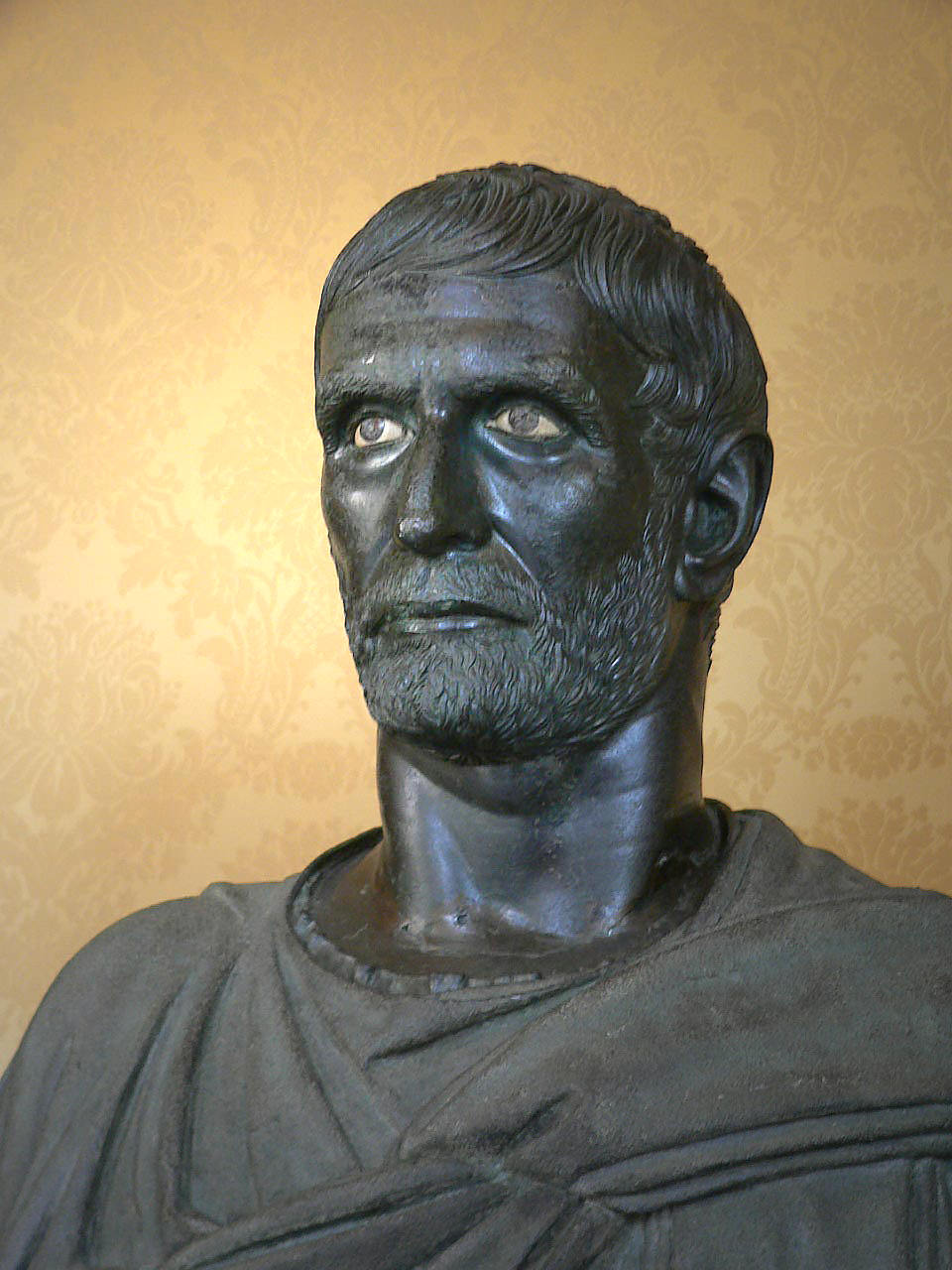
Definition
Patrician
The 4th century BCE Greek philosopher Aristotle once wrote in his essay Politics, “If liberty and equality…are chiefly to be found in democracy, they will be best attained when all persons alike share in the government to the utmost.” Regrettably...
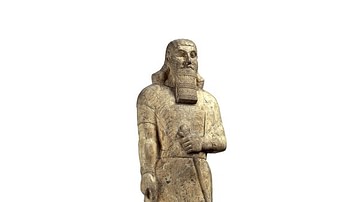
Definition
Ashurnasirpal II
Ashurnasirpal II (r. 884-859 BCE) was the third king of the Neo-Assyrian Empire. His father was Tukulti-Ninurta II (r. 891-884 BCE) whose military campaigns throughout the region provided his son with a sizeable empire and the resources to...
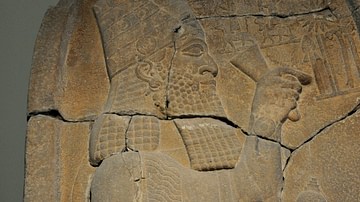
Definition
Esarhaddon
Esarhaddon (r. 681-669 BCE) was the third king of the Sargonid Dynasty of the Neo-Assyrian Empire. He was the youngest son of King Sennacherib (r. 705-681 BCE), and his mother was not the queen but a secondary wife, Zakutu (also known as...

Definition
Xochicalco
Xochicalco in central Mexico was an important hilltop centre from the 8th century CE and was a rival and successor of Teotihuacán. Architecture at the site is closely connected to that of the Classic Maya, Teotihuacan, and Veracruz, and contact...
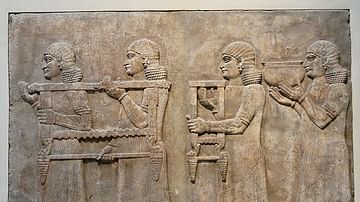
Definition
Dur-Sharrukin
Dur-Sharrukin (modern Khorsabad, Iraq) was a city built by Sargon II of Assyria (r. 722-705 BCE) as his new capital between 717-706 BCE. The name means Fortress of Sargon and the building project became the king's near obsession as soon as...